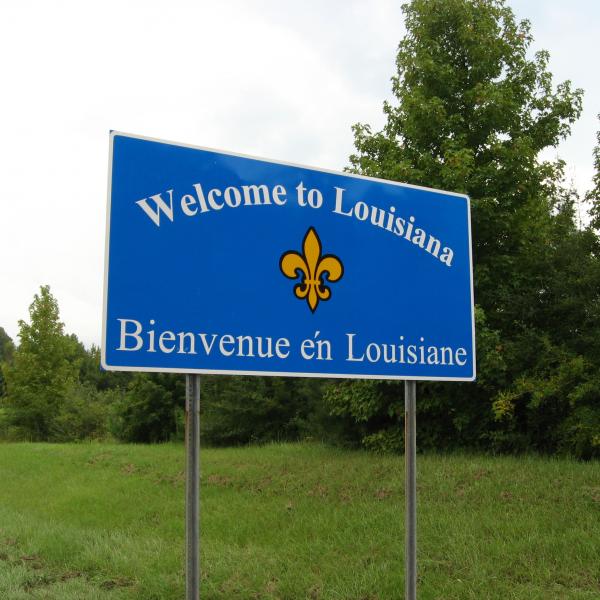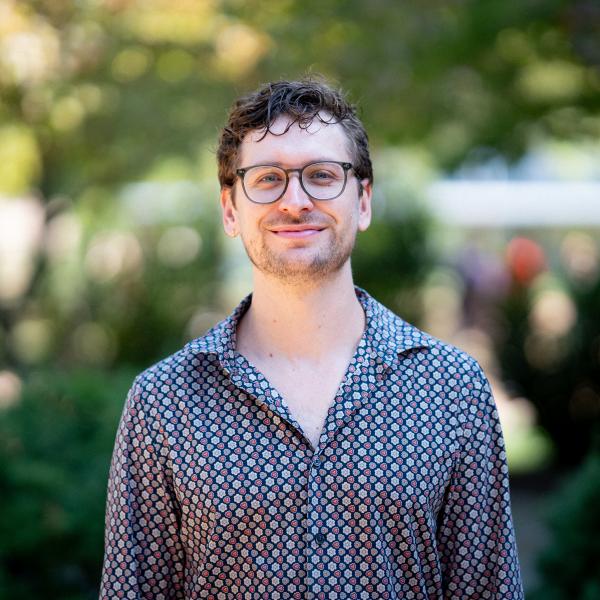Amiri Baraka's poem "Letters and Numbers" read to me as being very biographical for him. He begins condemning certain choices for which there is historical evidence he himself made for a time in his history. He further calls to question self-identity and comes to the conclusion that you need to be honest about your past, but that you can reinvent yourself as his personal history shows him doing many times.
Looking at Baraka's personal history I wonder how much of his transformation of self is tied to his search for self-identity. Was this a man who met head on with the social challenge of defining oneself when society is creating an identification for you? In watching my students I see them embracing and at the same time rebelling against the labels ascribed to them by society. For many this ends shortly after they leave home and invent their “adult” selves, but can this period continue for a longer period of time for those whose self-image is less aligned to society's labels? There are several psychological theories that would agree that this is a truth.
In the realm of gifted physiology there is the theory of of “Positive Social Disintegration” described by Dabrowski, in which people of giftedness ascribe to social norms and try to fit in until they hit a certain age or maturity where they embrace their giftedness which often causes them to no longer fit in with society. This theory makes me wonder if there are other subcultures that are less aligned with the mass culture and therefore delay accepting themselves and their identity in order to fit in.
-- Carrie Brandon



